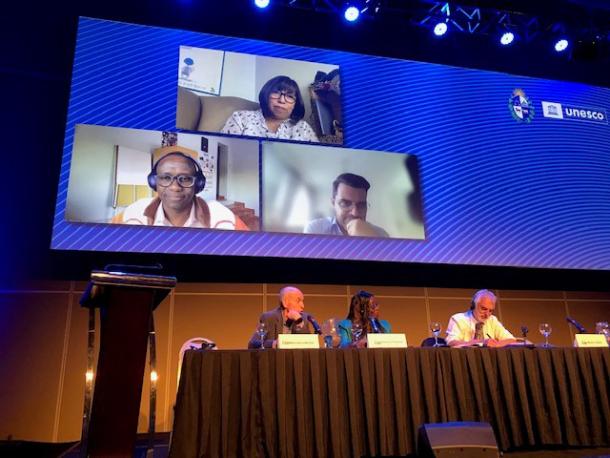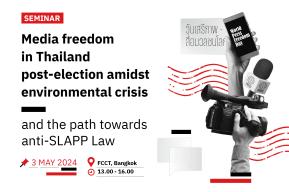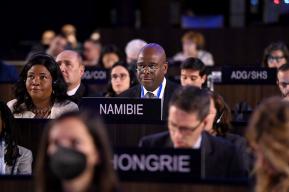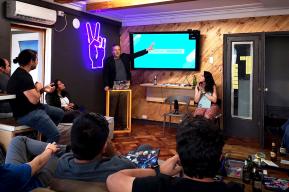Article
A dream of data for media viability

Media experts from Latin America and around the world elaborated their thoughts on the topic during the UNESCO’s World Press Freedom Day global conference in Uruguay on 2-4 May.
Organized by UNESCO’s International Programme for the Development of Communication (IPDC), the discussion was framed within a workshop titled: “News media want money from Internet companies – what about access to data?”.
Participants built upon earlier discussion organized by UNESCO and the World Association of News Publishers.
The ongoing thread is to develop elements of a “data ask” in relation to the big Internet companies which serve as intermediaries that bridge how much news content circulates between those who supply it and those who consume it.
We currently don’t know the advantage of our news being on these platform, I feel we are moving blindly. We don’t know whose adverts are appearing alongside our content, nor about how citizens process our news.
Echoing the point from across the Atlantic was Tangeni Amapudi, Editor and CEO of The Namibian newspaper in Windhoek: “I can only assume at present because I don’t know who sees our news on the platforms or where these readers are”.
Advertising was previously placed in a media context, and now it is based on behavioural prediction. Yet news companies cannot capture the same extent of behavioural data as can social media.
Mr Liberini urged that news publishers look beyond requesting access to walled gardens of data held by Internet companies, and instead focus on building Web 3.0 decentralised opportunities.
A “federated” approach across the sector, providing for due anonymization, could allow for mining of the data which news providers do already hold from their own direct online services, proposed Mr Liberini.
“We need access to relevant data to understand e-commerce trends and transactions,” said Ms. Yeama S Thomson, Managing Director, Sierra Leone News Agency (SLENA), Sierra Leone. Her country is also working on a national roadmap to promote media investment and viability.
Mr Ilias Konteas, Executive Director, European Newspaper and Magazine, noted that access to data could objectively inform bargaining when news publishers negotiated with the Internet companies about getting a share of online revenues. “This access should be non-discriminatory,” he said.
Other points made during the discussion were:
- Access to data held by audience measurement companies would also be important, and
- Beyond social media platforms, companies like Twitch that live-stream sports could also be of interest, while
- Dating sites whose advertisements appear next to some news content may be relevant.
It was further observed that advertisers themselves have a strong interest in more transparency about the metrics which Internet companies use for selling, placing and charging for advertisements.
“Access to data would be good, but what about uptake and use?” was a point raised by Ms Thomson. “We need more than a data dump,” said Mr. Amapudhi.
Speakers noted that news providers would need to hire capacity to process data, and warned about intensified inequalities within the sector around different abilities to invest in digital analytics and metrics. There was concern that data scientists were already in high demand, and not available to work in small news companies.
A point made was that data can be seen as a public good – and that this potentially supports the viability of media as producers of information as a public good.
It was suggested that, in this light, an independent entity – funded by Internet companies – could help news suppliers to secure and analyse the data that could help ensure sustainability of journalism.
Data-agreements with big tech should include access to analyists and scientists, was one proposal floated in the discussion.
The IPDC is leading a multi-faceted initiative to promote research, dialogue, innovation and policy solutions to address the job losses and closures in media and to stimulate new sustainable opportunities for enhancing the supply of quality journalism to societies.
Further consultations with news producers are envisaged, culminating in a report to IPDC’s Council and possible subsequent discussions directly with the Internet companies.
This initiative comes at a time when there are mounting regulatory pressures in the European Union and in the US for the companies to allow more data access to accredited actors.









